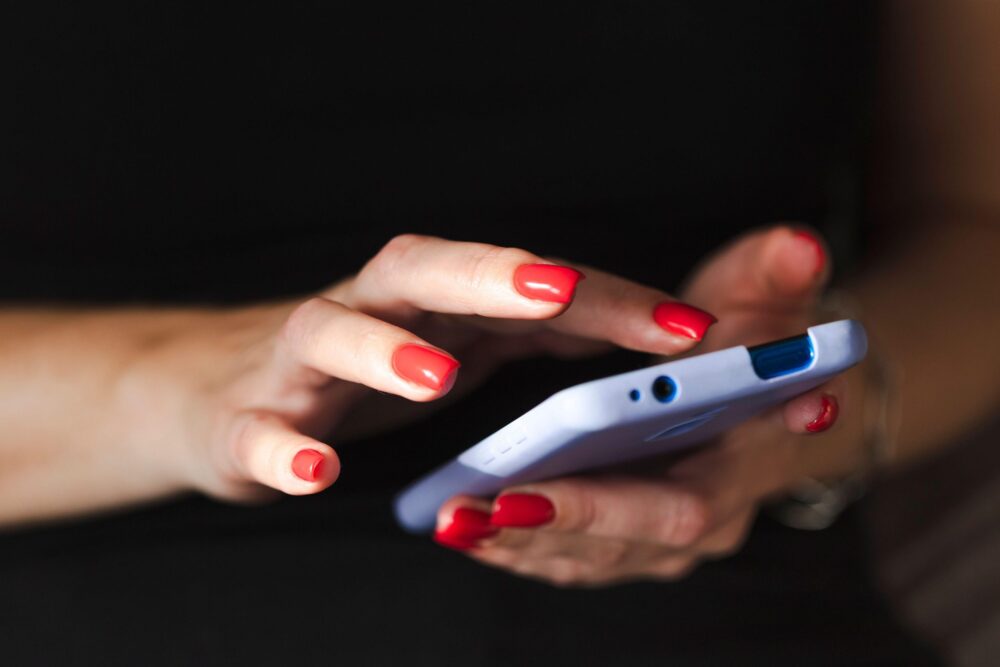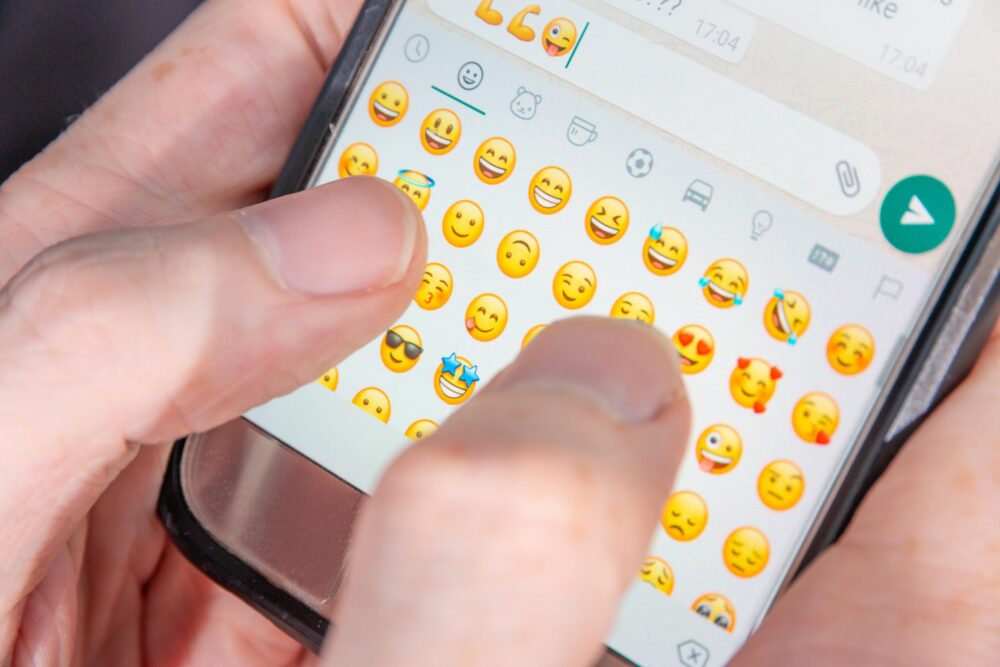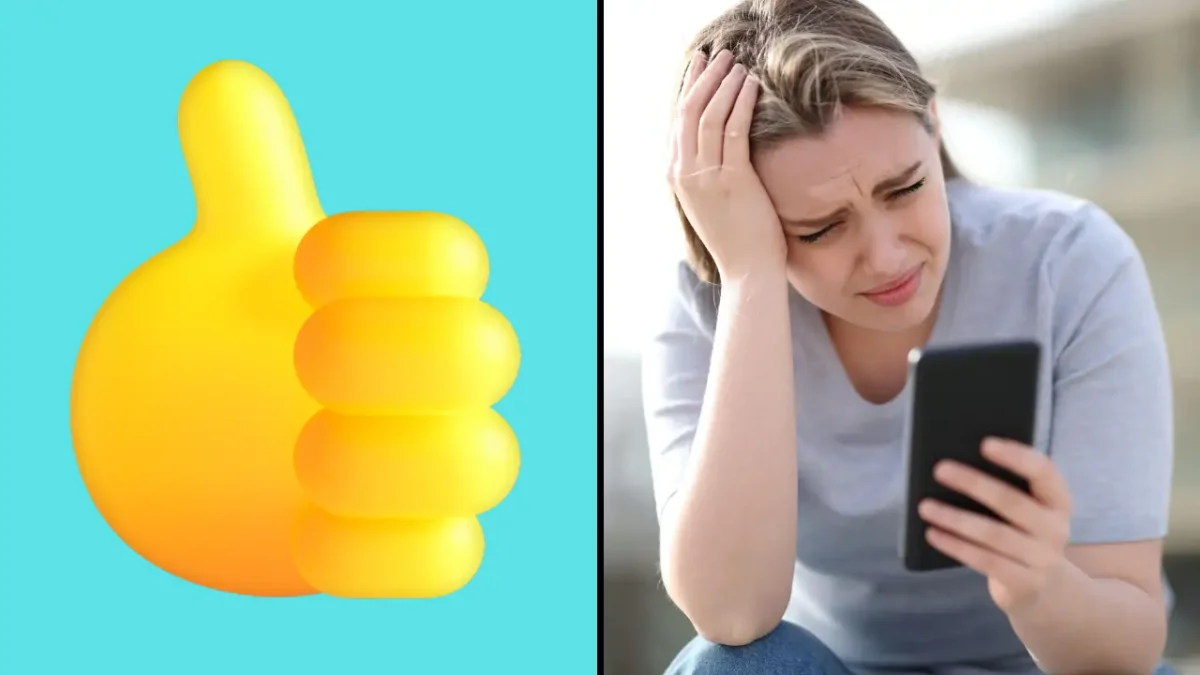Gen Z has officially declared the thumbs-up emoji a no-go, labeling it as ‘passive aggressive’ and a tad bit outdated.
Born in the digital cradle between the late 1990s and the early 2010s, Gen Zers are known for their tech-savviness and are now calling out what they perceive as digital faux pas by older generations.
It seems many from this young demographic find the thumbs-up emoji not just old-fashioned, but downright rude!
Curiosity about this generational emoji divide sparked a conversation on Reddit, where a user shared their unease with this common digital gesture in the workplace.
The internet is buzzing with opinions…
The post detailed: “I started an ‘adult’ job where we use Microsoft Teams to connect with each other for work.
“Currently, there are only a few emojis you can use to react to a message (unless of course, you respond, and can use any emoji).
“Most people at work use the ‘thumbs-up’ reaction all the time.
“I don’t use it much. I either ‘heart’ reactions or reply even if it’s a short ‘Great!’ or ‘Thanks!’ (I also feel like I use too many exclamation marks, but that’s a different story).
“Anyway, I think it’s normal to ‘thumbs up’ messages, but I still feel like it’s such an unsettling response.
“Does anyone else feel this way?”

The response was a mixed bag, with people torn over the emoji’s real intent and appropriate usage.
One 24-year-old explained: “For younger people, the thumbs up emoji is used to be really passive-aggressive.
“It’s super rude if someone just sends you a thumbs up. So I also had a weird time adjusting because my workplace is the same.
“So yeah, it’s a generational communication culture difference.
“Everyone my age in the office doesn’t do it, but the Gen X people always do it. Took me a bit to adjust and get out of my head that it means they’re mad at me.”
Another chimed in: “I understand what you mean, my last workplace had a WhatsApp chat for our team to send info to each other on and most of the people on there just replied with a [thumbs up emoji].
“I don’t know why but it seemed a little bit hostile to me, like an acknowledgement but kind of saying ‘I don’t really care/am not interested.”
Yet another shared this perspective: “It’s not that odd to see it as passive-aggressive.
“Just imagine how would it feel to go into your boss’ room, say something, and then see him turn to you, look you in the eye, and [give you a thumbs up].”

However, not everyone sees the thumbs-up as a digital dagger.
One user countered: “Passive aggressive? Are you being serious or facetious? It’s a thumbs up.
“It means ‘I got it’ or ‘OK, message received’.
“What in the world can possibly be passive-aggressive in that? Newsflash, not everything is a micro-aggression.”
A 40-year-old confessed they use the thumbs-up emoji ’90 per cent of the time’ and are baffled by the backlash from younger colleagues, wondering if it’s all just a ‘generational thing’.
Even Fox News host Emily Compagno weighed in during a recent debate, unapologetic about her emoji choices:
“We have to somehow change our behaviour and our silent communication because they’re a bunch of snowflakes? No, thanks,” she boldly stated.

